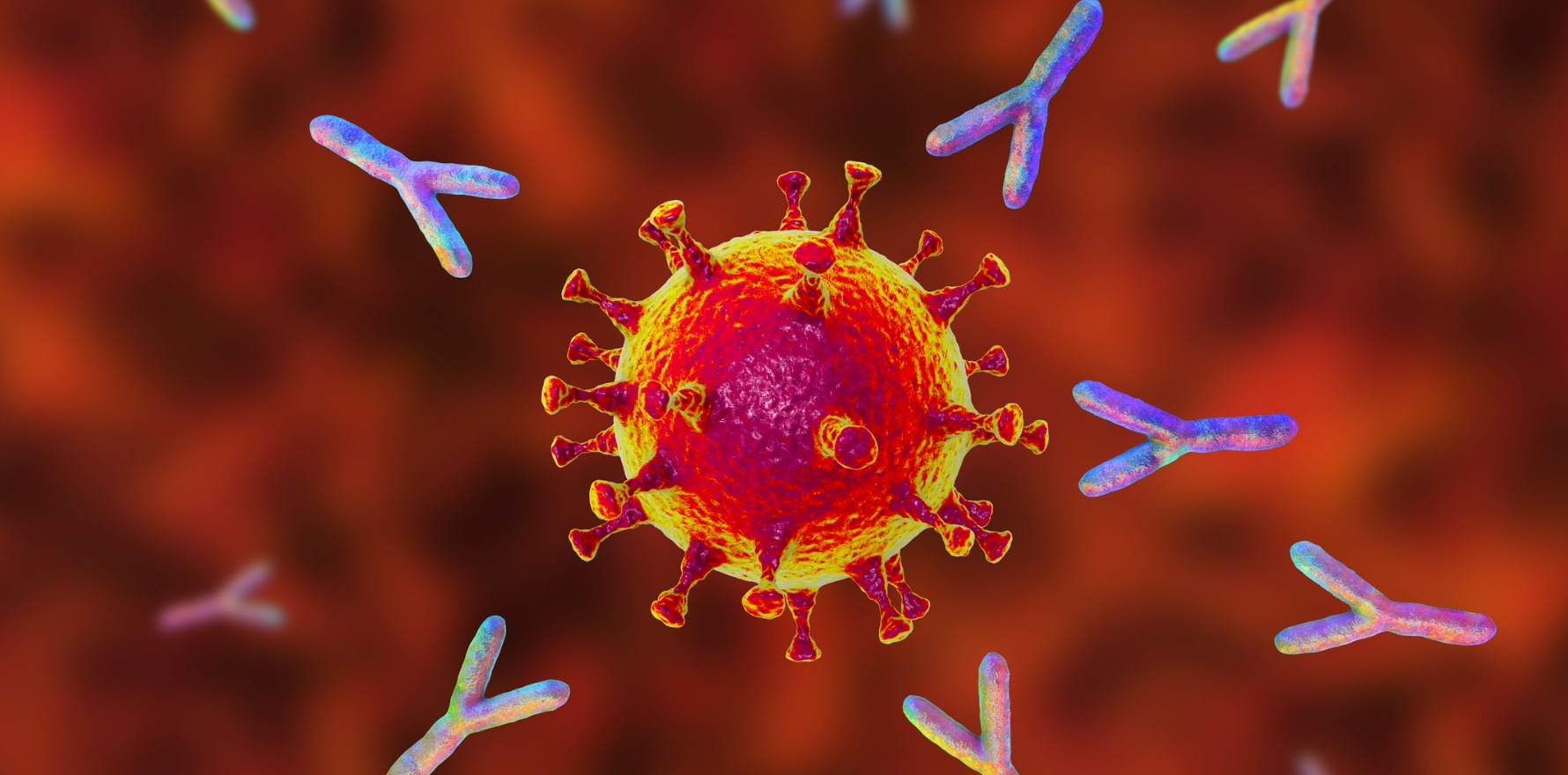The CDC is warning that immunocompromised people must continue with other precautions.
As England lifts covid-19 restrictions today the US CDC is warning that there’s to be no return to normal for immunocompromised people.
In a statement issued last week (16 July) the CDC stated that regardless of covid-19 vaccination people who are immunocompromised need to continue to “follow current prevention measures (including wearing a mask, staying 6 feet apart from others they don’t live with, and avoiding crowds and poorly ventilated indoor spaces)”.
This warning applies to a wide range of people including but not limited to “people receiving chemotherapy for cancer, people with hematologic cancers such as chronic lymphocytic leukemia, people receiving stem cells or organ transplants, people receiving hemodialysis”.
Certain drugs are also under the spotlight. Included in the CDC warning are “people using certain medications that might blunt the immune response to vaccination (e.g. mycophenolate, rituximab, azathioprine, anti-CD20 monoclonal antibodies, Bruton tyrosine kinase inhibitors).”
The CDC recommends that at-risk patients should be counselled to continue prevention measures.
“I actually had this conversation with my GP last week,” said ankylosing spondylitis patient Allison Dakin.
The 40-year-old Mrs Dakin was “concerned because I am immune compromised” and “got in early” for the Astra Zeneca vaccination before the federal government applied age limitations.
She was vaccinated at a local Darwin GP and had “very few side effects at all”.
“But the advice I got was ‘we don’t know the effectiveness of this for people with ankylosing spondylitis,’” she said.
Rheumatologist Dr Sam Whittle said he was not surprised by the CDC statement. Dr Whittle manages the Australian Living Guidelines for rheumatoid arthritis, psoriatic arthritis and axial spondyloarthritis.
“We already know that vaccine immunogenicity is reduced in immunosuppressed people – indeed our recommendation states ‘Following vaccination, people with AIRD should be aware that the risk of covid-19 infection is reduced but not eliminated and that appropriate physical precautions (e.g., masks, physical distancing, hand hygiene) based on the current community risk should continue to be observed’.”
Mrs Dakin is willing to get a third vaccination if it could possibly make a difference. “If that is what I have to do that’s what I’ll do,” she said.
Dr Whittle said he could only speculate whether Australia would take that approach.
“I haven’t heard anything official to say that is going to happen but I suspect that once we have more data we may well be looking at a program of booster doses that may be different for people who are immunocompromised or who have not mounted an adequate response to the first two doses,” he said.
Mrs Dakin was also advised by her GP that her “lack of her vaccination side-effects meant that its efficacy might be lower than for other people”. Although this is contrary to current data it did spark the conversation with her GP about taking extra shielding precautions.
Mrs Dakin said the top priority in being immunocompromised was “to make my life as normal as possible”.
Under the latest CDC recommendations a vaccination is not going to achieve that hope.



